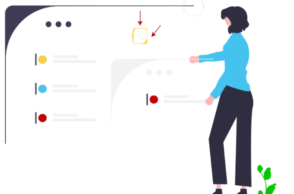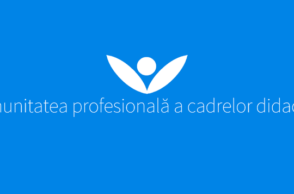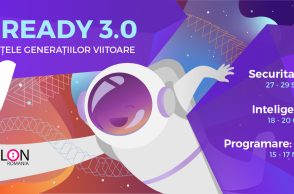UNESCO MGIEP just launched a course for teachers interested in using digital technologies to create relevant, authentic and engaging learning experiences. It enhances knowledge of digital tools and the ways to use them meaningfully in teaching.
The Digital Teacher is a course for in-service and pre-service teachers (K-12 and Higher Education), educators, curriculum developers, instructional designers and others interested in using digital technologies for creating learning experiences. The course caters to a novice or an expert user of technology, offering a choice across four unique quests – to explore tools, resources, take up challenges and tasks based on learner’s level and interest.
Course Structure: The Digital Teacher Course is a combination of live sessions and self study modules. It helps learners navigate the web effectively to pick out suitable resources and use them to design meaningful learning experiences for their students.
It comprises of four quests which help learners navigate the web effectively to pick out suitable resources and use them to design meaningful learning experiences for their students: 1. Gather Resources, 2. Navigate the Web, 3. Design Learning Experiences, 4. Empower Learners.
Duration: The course takes about 25-30 hours to complete, over a period of 5 weeks.
Certification and Assessment: Certificates will be awarded to all who complete assessments with a score of 70% in all quests.
Learners will be required to take an objective-type assessment at the end of each quest and score a minimum of 70% to earn the course completion certificate. The test can be taken multiple times by learners. The assessment will check the learner’s understanding of the concepts covered in the quest as well as the learner’s ability to apply the concepts in real-life situations.
You can find more information about the course on https://mgiep.unesco.org/the-digital-teacher
To enrol to the course, create an account on the platform https://framerspace.com/course/the-digital-teacher
What is unique about this course?
Digital pedagogy beyond ICT Skills
Lack of training and exposure of digital tools for pedagogical purposes often makes teachers use technology for very limited purposes such as for online communication and enhanced content representation. This course enables educators to use technology to enhance choice and engagement, encourage collaboration and creation, offer support and scaffold, organise content and provide formative assessments. This is done by using design principles of Universal Design for Learning (UDL) to integrate digital tools, resulting in significant improvement in the quality of teaching and learning.
Active learning and modelling
The course is designed to encourage learners to actively engage with information. Each unit is designed as a learning sequence that offers information, activities, discussions, reflections and ways for participants to check their understanding. The course also models uses of novel digital tools for representation, engagement and assessment, providing plenty of examples for learners to employ in their own practice.
Aligned with international standards
The learning outcomes of the course are aligned with four international standards of digital competencies for educators including the European Framework of the Digital Competence of Educators (DigCompEdu), UNESCO: ICT Competency Framework for Teachers, A Global Framework of Reference on Digital Literacy Skills for Indicator 4.4.2 and International Society for Technology in Education (ISTE) Standards for Educators.
Ready access to resources and tools
The course covers 40+ categories of digital tools including free browser-based tools for multi-modal production, assessment, data-analysis, web-creation, collaboration etc. It also provides information about digital tools that can support students in organisation, writing, reading and motivation while learning. Besides the tools, learners will also explore sources of open educational resources, useful online communities etc. With permanent access to the course, learners will have a ready reference of tools, templates and web sources at their disposal.
Source and images: https://mgiep.unesco.org/the-digital-teacher






